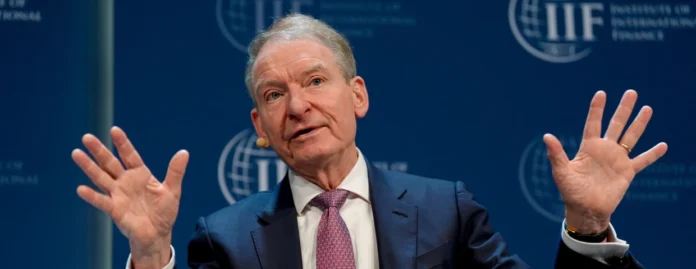Securities and Exchange Commission Chair Paul Atkins announced a significant IPO rule change during the ongoing government shutdown, aiming to revive public offerings and stabilize the markets. Speaking on “The Claman Countdown,” he outlined how a decades-old law is helping companies go public despite reduced federal staffing.
Atkins said that under current restrictions, the SEC cannot process traditional IPOs with only about 400 employees working, less than 10% of its normal staff. He acknowledged that this limitation has left many firms waiting for approval to enter public markets.
To address the problem, Atkins revealed that the SEC has reinstated an older provision from the original 1933 Securities Act. This law allows companies to file registration statements and automatically go public after 20 days, even without active SEC review.
The IPO rule change has already helped two firms, Maplight and Navon, complete their listings during the shutdown. Atkins said around 20 other companies are preparing to follow this path, having already completed substantial review rounds before operations slowed.
“This was the original design Congress intended for securities registration,” Atkins said. “You file, wait twenty days, and then you can sell your shares.” Atkins also defended the SEC’s ability to maintain oversight under these conditions.
He argued that overly complex disclosure requirements and litigation risks have discouraged firms from entering the public market. Under the IPO rule change, companies may also adopt internal policies allowing mandatory arbitration and fee-shifting clauses in shareholder disputes. Atkins believes these measures will reduce legal costs and create a friendlier environment for startups.
He concluded by expressing hope that the government shutdown would end soon, allowing the SEC to resume normal operations. For now, however, the revived rule is keeping America’s capital markets moving through one of their toughest slowdowns in years.


